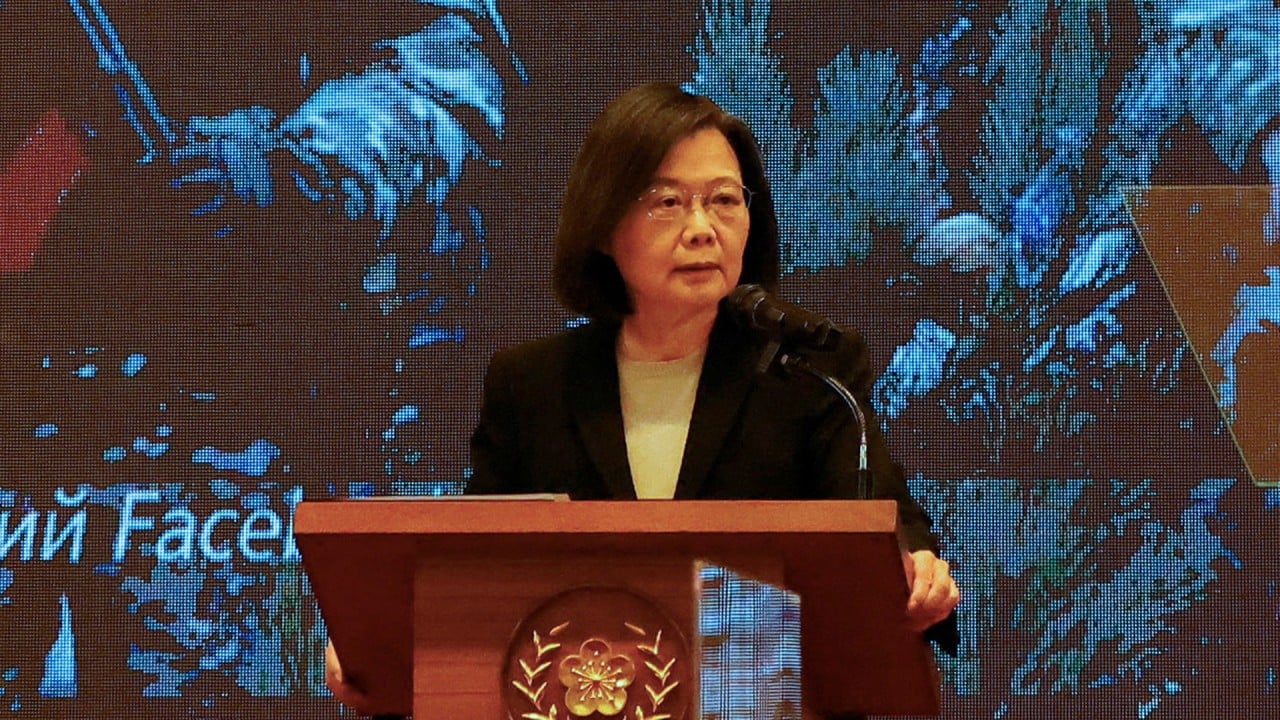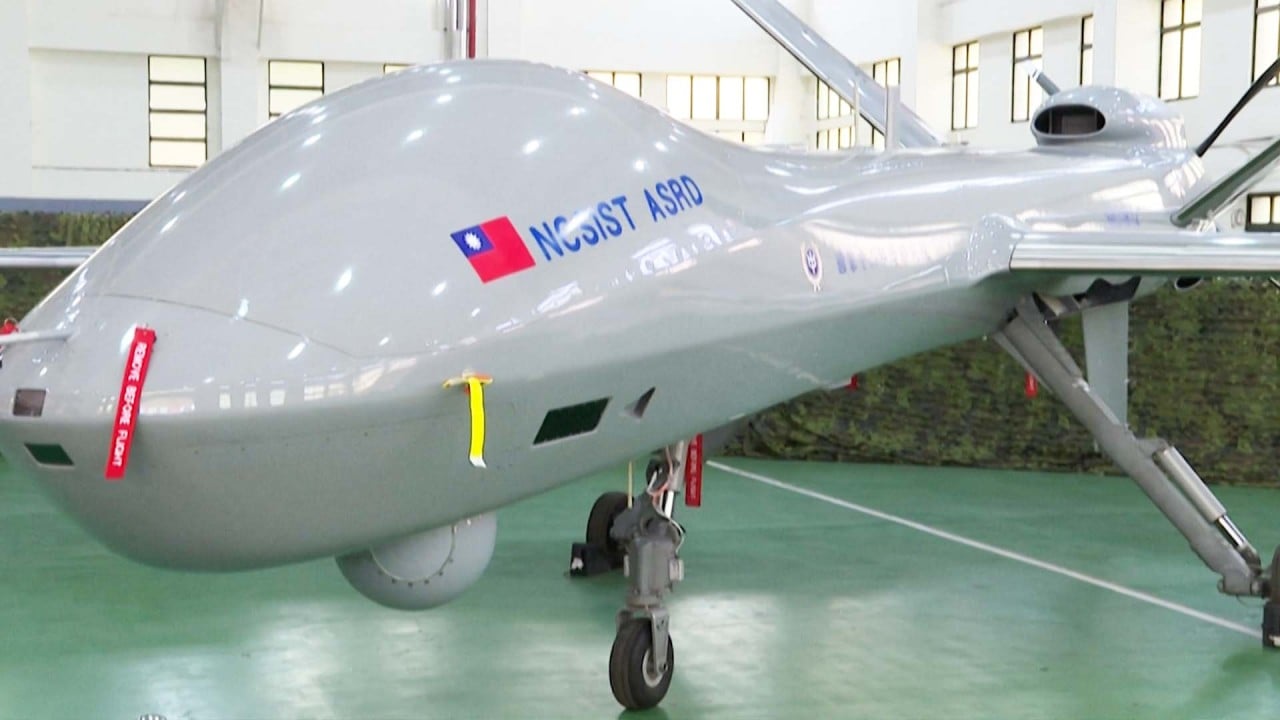
US approves new US$619 million sale of missiles and military equipment to Taiwan
- Taiwan’s defence ministry says the missiles are needed to help deal with threats and provocation from the PLA
- Sale will help keep ‘political stability, military balance and economic progress in the region’, according to Defence Security Cooperation Agency
The planned sale – the first made by the government of US President Joe Biden this year and the ninth since he took office in 2021 – is certain to enrage Beijing, which has time and again warned Washington against supplying Taipei with arms and having official contact with the island.
In a statement on Thursday, the Pentagon’s Defence Security Cooperation Agency announced that the US State Department had approved a possible sale to Taiwan of F-16 munitions and related equipment worth US$619 million.
The agency said the island had asked to buy 100 AGM-88B high-speed anti-radiation missiles (HARM); 23 HARM training missiles; 200 AIM-120C-8 advanced medium range air-to-air missiles; four AIM-120C-8 AMRAAM guidance sections; and 26 LAU-129 multipurpose launchers.
Also included were LAU-118A missile launchers with aircraft launcher interface computer; AIM-120C captive air training missiles; dummy air training missiles, integration, test and munitions support and equipment; spare parts and technical and related logistics support.
“This proposed sale serves US national, economic and security interests by supporting the recipient’s continuing efforts to modernise its armed forces and to maintain a credible defensive capability,” the Defence Security Cooperation Agency said.
Noting that the proposed sale was consistent with US law and policy, the agency said such supplies would help improve Taiwan’s security and help maintain “the political stability, military balance and economic progress in the region”.
It said the sale would provide Taiwan with “the defence of its airspace, regional security and interoperability with the US”, but would not alter “the basic military balance in the region”.
The principal contractors would be Raytheon Missiles and Defence and Lockheed Martin Corporation, it said.
The latest proposed deal was applauded by the island’s government as a timely move to bolster its munition stockpiles.
“In the face of the Chinese Communists routinely dispatching warplanes and drones to harass our air-defence identification zone and disrupt the freedom of our air operations – which has created serious military threats to us – we thank the US military decision to continue to supply us with defensive weapons that help to maintain stability in the region,” Taiwan’s defence ministry said in a statement on Thursday.
It said the two types of missiles were required by the island’s air force to help Taiwan effectively deal with threats and provocation from the PLA.
Taiwan’s foreign ministry described the proposed sale as a strong US security commitment to help upgrade Taiwan’s defence capability and fresh proof of solid US-Taiwan relations.
The latest proposed sale is set to infuriate Beijing, which has strongly protested against the US supplying arms to Taiwan in all earlier deals, including during the Biden and previous administrations.
Beijing – which sees Taiwan as part of China and has not ruled out the use of force to bring it under mainland control – has ramped up pressure on the island in recent years, including through a campaign of military intimidation.
It has repeatedly warned other countries, particularly the US, which recognises the mainland diplomatically but keeps substantive and military ties with the island.



